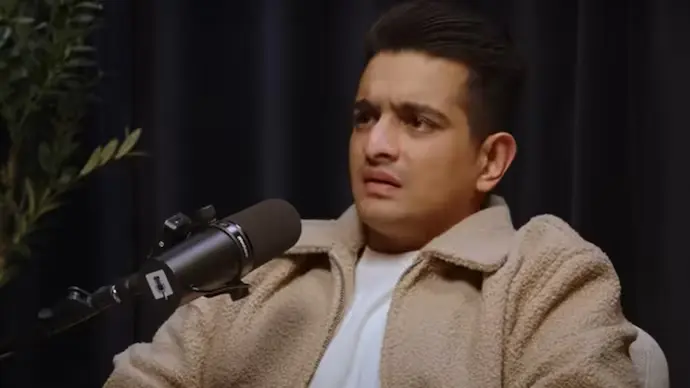
The Controversy
Ranveer Allahbadia, popularly known as “BeerBiceps,” recently faced significant backlash following a controversial remark made during an episode of the YouTube comedy show ‘India’s Got Latent.’ During the show, Allahbadia posed an inappropriate question to a contestant, which many viewers found offensive. The incident quickly went viral, leading to widespread public outrage and multiple police complaints filed against Allahbadia and the show’s organizers. In response to the backlash, Allahbadia issued a public apology, acknowledging a lapse in judgment and promising to remove the insensitive content from his platform.
Political and Legal Repercussions
The incident has ignited a broader debate on the need for stricter regulations governing content on social media platforms. Recognizing the gravity of the situation, the IT Ministry has announced plans to brief a parliamentary panel on proposed legal changes aimed at bringing social media platforms under more stringent legal scrutiny. These proposed reforms are expected to focus on enhancing the accountability of content creators and platforms, ensuring that offensive or harmful content can be swiftly addressed through legal channels.
Global Context
India’s move to tighten social media regulations aligns with a global trend of governments seeking to hold digital platforms accountable for the content they host. For instance, Australia has recently proposed changes to its Online Safety Act, introducing a “Digital Duty of Care” that requires social media platforms to proactively prevent online harms, including bullying and predatory behavior. These changes emphasize the responsibility of tech companies to safeguard users, particularly minors, from harmful online content.

Implications for Digital Creators
The proposed legal reforms in India could have significant implications for digital creators and influencers. While the intent is to foster a safer and more respectful online environment, there are concerns about potential overreach leading to censorship and stifling creative expression. Balancing the need for regulation with the preservation of free speech will be a critical challenge for policymakers.
As the IT Ministry prepares to present its proposals, stakeholders from various sectors, including legal experts, digital rights advocates, and content creators, are expected to engage in discussions to shape the future of social media governance in India. The outcome of these deliberations will likely set a precedent for how digital content is regulated in one of the world’s largest online markets.
Thanks for reading